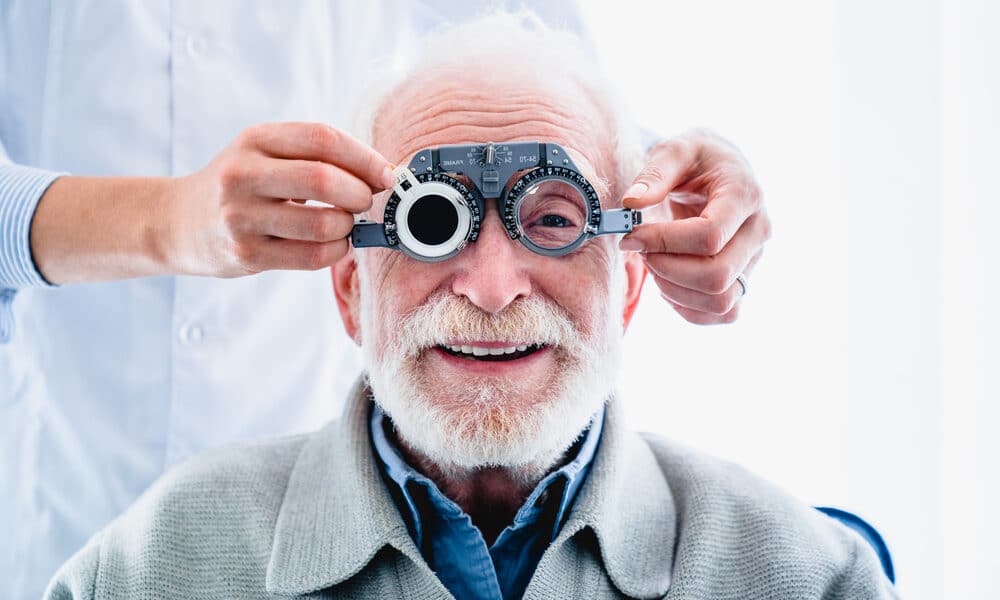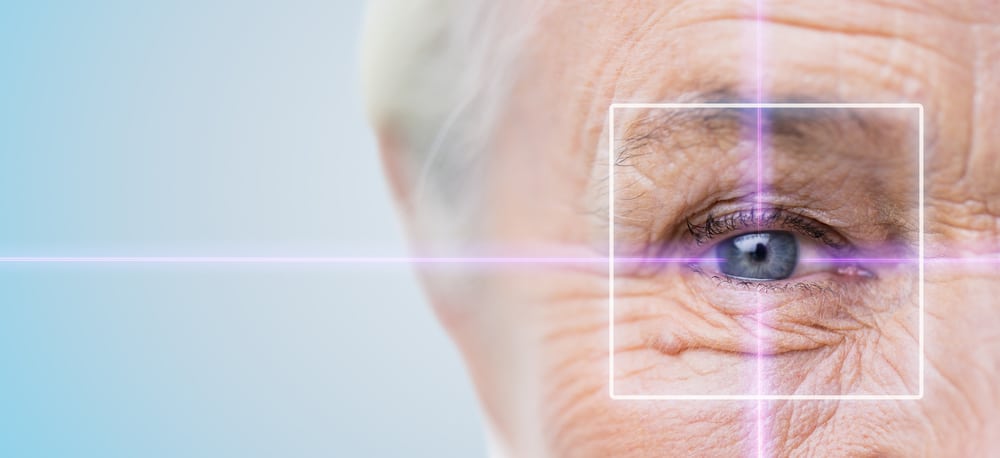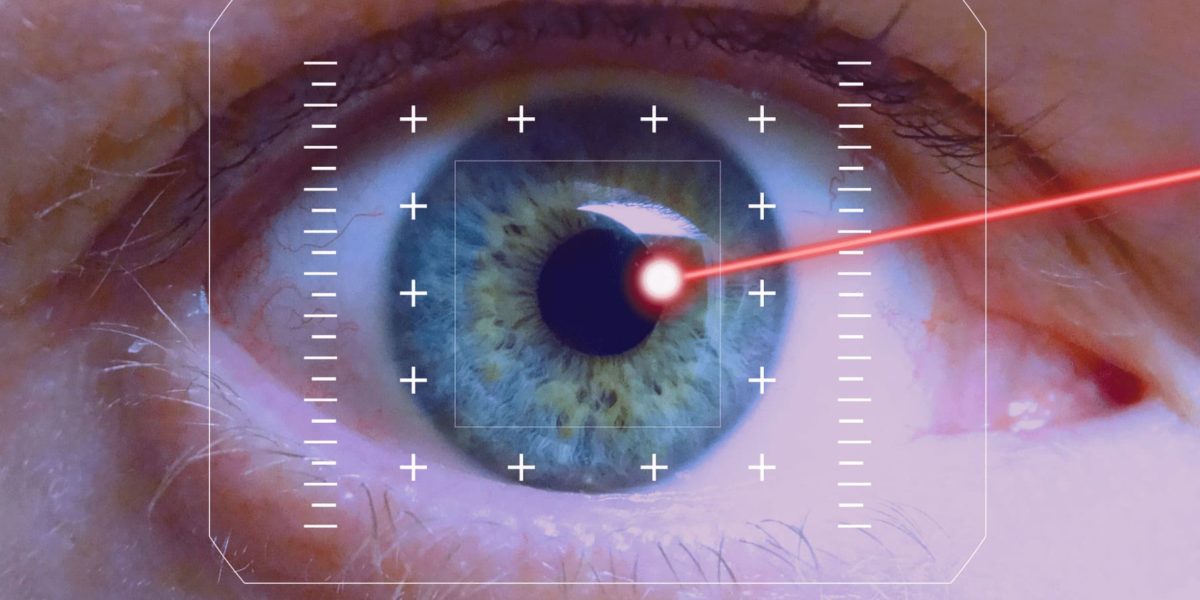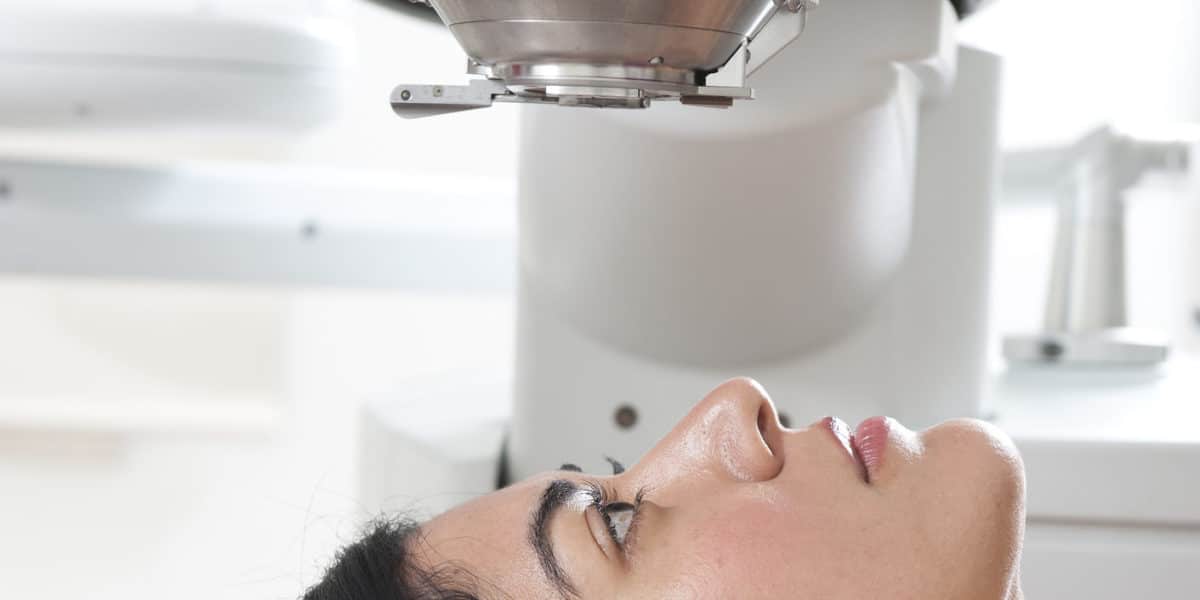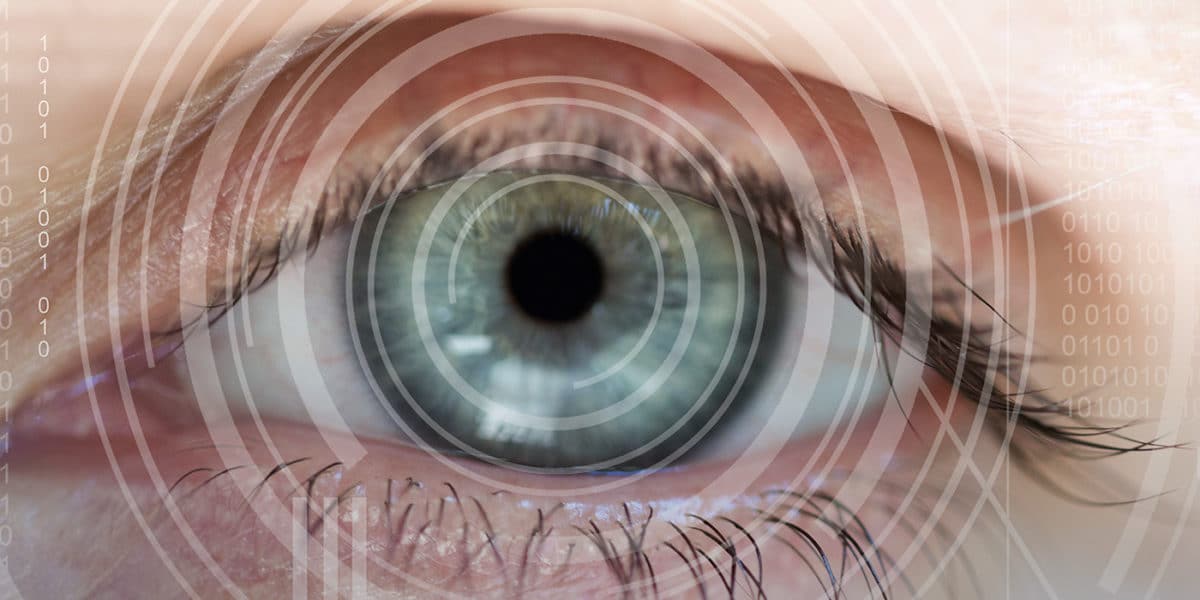Laser Eye Correction
What Is the Best Age to Get LASIK?
When it comes to LASIK, age plays a role. That’s because your eye prescription frequently changes throughout the early years of your life. Therefore, undergoing a procedure when your eyes have not fully stabilized is counterintuitive. If you’re wondering about the best age to get LASIK, this guide by the Michigan Eye Institute is here to help. Keep reading to
LASIK Candidacy
Are You a Candidate for LASIK? LASIK—which stands for laser-assisted in situ keratomileusis—is a common type of laser vision correction procedure. The first step in the LASIK surgery process is determining whether you’re a good candidate. This candidacy process helps the doctors at Michigan Eye Institute provide the highest-quality, most personalized vision care to every patient who walks through our
Can You Get LASIK Twice?
LASIK is known for producing life-changing vision results for millions of patients. For all of those patients, LASIK is a permanent procedure. However, as we age, vision changes can occur. Some patients have experienced the need for a ‘touch up’ following their LASIK procedure. That decision is made between a patient and their doctor who deems it safe. If you’re
What is All-Laser LASIK?
If you’re farsighted, nearsighted, or have astigmatism, you’re probably curious about your options. Many people go with traditional options like prescription glasses or contact lenses. While those offer solutions to your vision issues, you’re still stuck with tedious routines and keeping up with prescriptions. That’s precisely why millions of people have chosen LASIK as a permanent solution to their vision
LASEK vs. LASIK: What’s the Difference?
Wondering if there’s a difference between LASIK vs LASEK? The answer is yes. Like many others, you’re probably all too familiar with LASIK eye surgery, the industry’s most common laser eye surgery. But what is LASEK? And is it the better solution for your vision needs? Michigan Eye Institute is here to help you decipher the two. Though both procedures
Quick Guide: Common Laser Eye Surgery Technologies
At Michigan Eye Institute, we are committed to offering you the best optometric treatment and options. Our team of expert surgeons has conducted numerous successful laser vision correction surgeries backed by the most advanced, state-of-the-art laser eye surgery technologies available. Interested patients need to set up a pre-operative consultation and examination with one of our eye doctors in Genesee County.
4 Most Common Types of Laser Eye Surgery in Michigan
Types of Laser Eye Surgery Many types of LASIK and laser eye surgery are now available for correcting vision. Which one is right for you depends on your specific needs. Here is a brief overview of four of the most common types of laser eye surgery services offered by Michigan Eye Institute. Looking for a Top-Rated LASIK Clinic in Michigan?
Preparing for Laser Eye Surgery: What You Can Expect Before the Big Day
As you are preparing for laser eye surgery, you want to make sure you have everything in order. This is an exciting time, and it won’t be long before your eyes provide you with a brand new, clearer outlook! Keep these things in mind before your laser eye surgery. Get the information you need In the appointments before your laser
What to Know Before Scheduling Laser Eye Surgery
As we grow older, our eyes – much like the rest of our bodies – don’t perform as well as they used to, leaving us trying to remember where we placed our glasses or applying irritating contact lenses to our eyes every morning. Thankfully, with recent medical advancements in optometry, many people are saying goodbye to their corrective lenses and
What Will Our Eyes Be Like in 100 Years?
With the recent major advances in eyecare, it’s hard not to wonder what our vision may look like in another 100 years. Now, surgeries such as laser vision correction and corneal inlay enhances can literally correct near-sighted and far-sighted vision enough to completely eliminate the need for glasses. This means the sky is the limit for further advances. Dr. Josef

